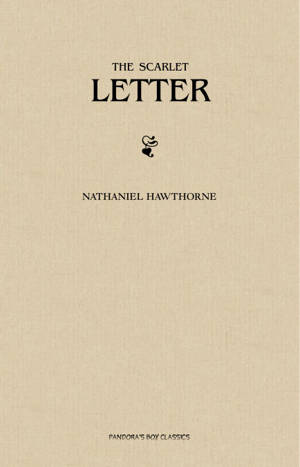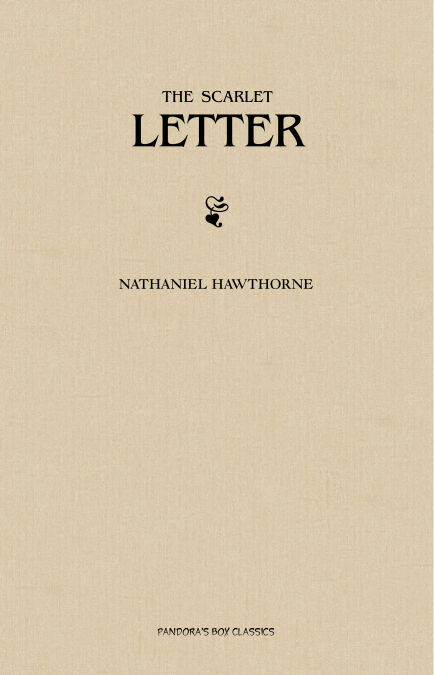
- Afhalen na 1 uur in een winkel met voorraad
- Gratis thuislevering in België vanaf € 30
- Ruim aanbod met 7 miljoen producten
- Afhalen na 1 uur in een winkel met voorraad
- Gratis thuislevering in België vanaf € 30
- Ruim aanbod met 7 miljoen producten
Zoeken
Omschrijving
First published in 1850, “The Scarlet Letter” is Nathaniel Hawthorne’s masterpiece and one of the greatest American novels. Its themes of sin, guilt, and redemption, woven through a story of adultery in the early days of the Massachusetts Colony, are revealed with remarkable psychological penetration and understanding of the human heart.
Hester Prynne is the adulteress, forced by the Puritan community to wear a scarlet letter A on the breast of her gown. Arthur Dimmesdale, the minister and the secret father of her child, Pearl, struggles with the agony of conscience and his own weakness. Roger Chillingworth, Hester’s husband, revenges himself on Dimmesdale by calculating assaults on the frail mental state of the conscience-stricken cleric. The result is an American tragedy of stark power and emotional depth that has mesmerized critics and readers for nearly a century and a half.
The finest piece of imaginative writing yet put forth in the country. —Henry James
[Nathaniel Hawthorne] recaptured, for his New England, the essence of Greek tragedy. —Malcolm Cowley
There could be no more perfect work of the American imagination than “The Scarlet Letter”. —D. H. Lawrence
The style of Hawthorne is purity itself. His tone is singularly effective — wild, plaintive, thoughtful, and in full accordance with his themes... We look upon him as one of the few men of indisputable genius to whom our country has as yet given birth. —Edgar Allan Poe
Hester Prynne is the adulteress, forced by the Puritan community to wear a scarlet letter A on the breast of her gown. Arthur Dimmesdale, the minister and the secret father of her child, Pearl, struggles with the agony of conscience and his own weakness. Roger Chillingworth, Hester’s husband, revenges himself on Dimmesdale by calculating assaults on the frail mental state of the conscience-stricken cleric. The result is an American tragedy of stark power and emotional depth that has mesmerized critics and readers for nearly a century and a half.
The finest piece of imaginative writing yet put forth in the country. —Henry James
[Nathaniel Hawthorne] recaptured, for his New England, the essence of Greek tragedy. —Malcolm Cowley
There could be no more perfect work of the American imagination than “The Scarlet Letter”. —D. H. Lawrence
The style of Hawthorne is purity itself. His tone is singularly effective — wild, plaintive, thoughtful, and in full accordance with his themes... We look upon him as one of the few men of indisputable genius to whom our country has as yet given birth. —Edgar Allan Poe
Specificaties
Betrokkenen
- Auteur(s):
- Uitgeverij:
Inhoud
- Taal:
- Engels
Eigenschappen
- Productcode (EAN):
- 9789897782190
- Verschijningsdatum:
- 27/07/2020
- Uitvoering:
- E-book
- Formaat:
- ePub

Alleen bij Standaard Boekhandel
Beoordelingen
We publiceren alleen reviews die voldoen aan de voorwaarden voor reviews. Bekijk onze voorwaarden voor reviews.








